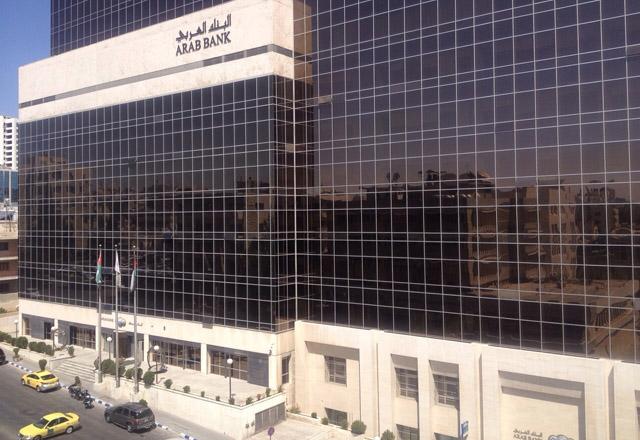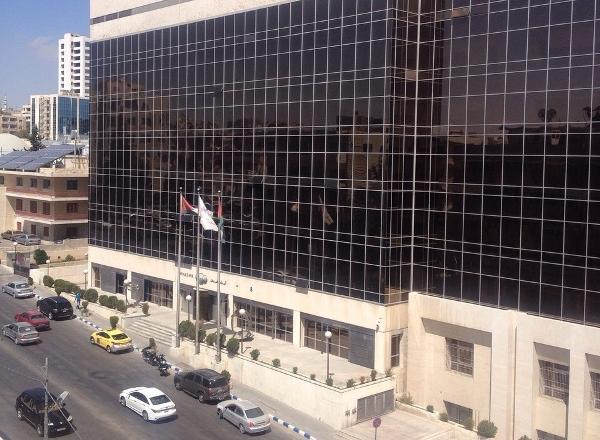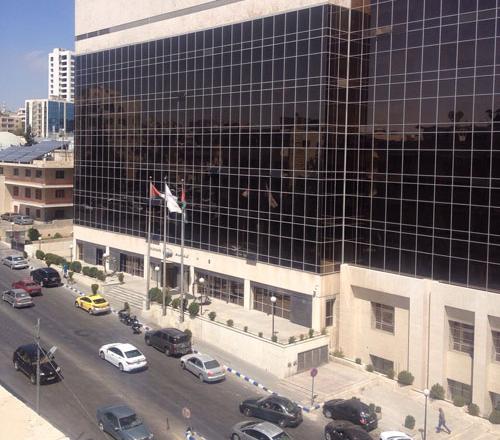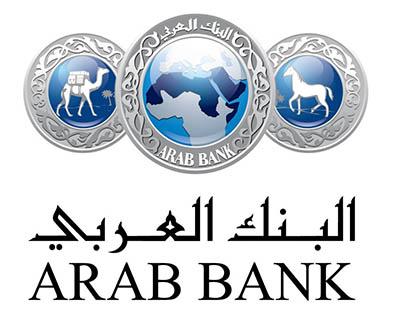You are here
Arab Bank requests new trial in US terror case
By Omar Obeidat - Oct 12,2014 - Last updated at Oct 12,2014

AMMAN – Arab Bank has filed a motion for a new trial in the US, arguing that a New York jury made "many serious errors" that led to a September 22 ruling that found Jordan's largest bank liable for injuries resulting from 24 “terrorist” attacks in Palestine.
In a 25-page memorandum of law to support its motion for re-trial, the bank on Friday requested the court vacate the verdict issued by the jury and order a new trial that should ensure the bank a fair opportunity to defend itself and to “hold the plaintiffs to their burdens of proof” under the Anti-Terrorism Act.
On September 22, the jury of Eastern District Court in Brooklyn found the Arab Bank liable for injuries resulting from 24 separate terrorist attacks in Israel, the West Bank and Gaza between 2001and 2004.
The verdict came after a month-long trial that followed a federal lawsuit filed in 2004 by hundreds of plaintiffs for allegedly holding accounts that financed attacks they claim killed members of their families in Israel and the Palestinian territories between 2001 and 2004.
Following the outcome of the trial, global law firm DLA Piper, which is representing Arab Bank in the trial known as Linde vs. Arab Bank, said the verdict came as no surprise because the proceeding conducted under the New York district court were based on improper sanctions, which the US government found to be "erroneous".
In its petition, the Amman-based bank argued that the verdict was the inevitable consequence of a series of incorrect and prejudicial rulings.
Among the questioned rulings listed in the motion, the lawyers said that the court had harshly sanctioned the bank for its compliance with foreign privacy laws and the related demands of its foreign regulators, precluded the bank from explaining to the jury why it did not produce certain foreign records — namely, due to the requirements of foreign law and government directives, and instead repeatedly instructed the jury that the bank simply “refused” to comply with the court’s orders.
The bank said that the court had permitted plaintiffs’ counsel to repeatedly tell the jury that the bank withheld records in an attempt to conceal evidence of liability (without permitting the bank to counter that charge).
“The court also precluded the bank from introducing evidence of its foreign compliance efforts to counter the financing of terrorism, precluded as irrelevant and inadmissible evidence of the bank’s compliance with foreign law in providing foreign financial services, but permitted plaintiffs to admit into evidence the alleged list of prohibited organisations maintained by Israel, despite the fact that the bank does not operate a branch in that country,” the motion said.
Plaintiffs were also permitted to admit into evidence out-of-court hearsay statements that appeared on alleged Hamas-affiliated websites, which were made by alleged Hamas operatives, or were contained in materials, including highly inflammatory video recordings that were allegedly discovered by unnamed individuals at locations in the West Bank and Gaza.
According to the lawyers, the court erred when it excluded all of the bank’s experts on the Saudi Committee, which the plaintiffs put at the centre of their case and claim was tied to terrorist groups.
The court also “erred by aggregating in one trial 24 separate acts of terrorism that spanned nearly four years involving injuries alleged by 297 plaintiffs. Allowing the jury to hear a mass of evidence covering specific acts of terrorism that was irrelevant to other acts was extremely prejudicial to the bank and a serious error in the structure of the trial”, the document said.
A motion for a new trial should be granted when the trial court committed significant errors in charging the jury, improperly admitted or excluded evidence that may have had a substantial impact on the jury’s deliberations, or where the jury has reached a seriously erroneous result such that the verdict constitutes a miscarriage of justice, the Arab Bank said in its argument.
Related Articles
Arab Bank will appeal a New York verdict that found the Amman-based bank liable on counts of providing material support to Palestinian group Hamas, its lawyer announced Tuesday.
Arab Bank on Thursday said the Eastern District Court of New York’s decision to uphold rulings that the Amman-based bank was responsible for terror attacks in Israel that killed or wounded Americans was “predictable”.



















